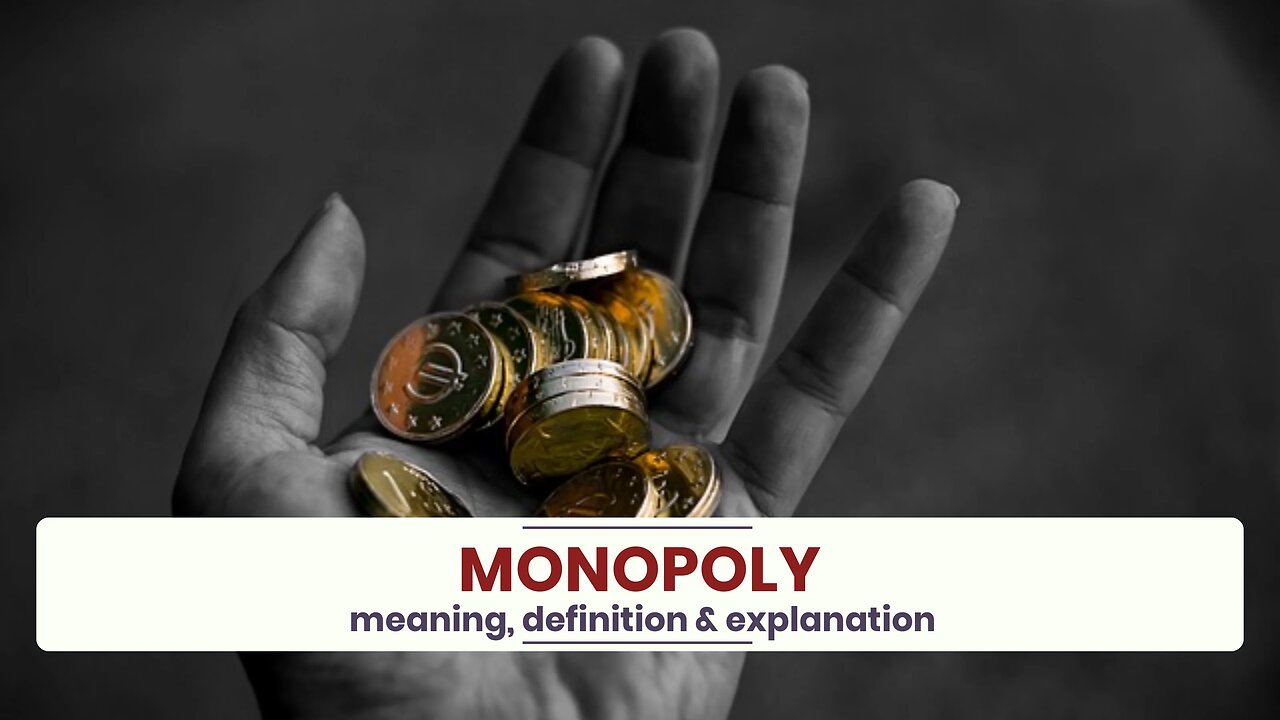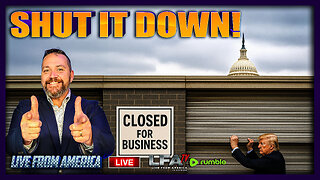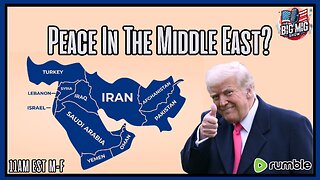Premium Only Content

What is MONOPOLY?
✪✪✪✪✪
http://www.theaudiopedia.com
✪✪✪✪✪
What is MONOPOLY? What does MONOPOLY mean? MONOPOLY meaning - MONOPOLY definition - MONOPOLY explanation - MONOPOLY pronunciation. What is the meaning of MONOPOLY? What is the definition of MONOPOLY? What dooes MONOPOLY stand for? How to pronounce MONOPOLY? What is MONOPOLY meaning? What is MONOPOLY definition?**
A monopoly , as described by Irving Fisher, is a market with the "absence of competition", creating a situation where a specific person or enterprise is the only supplier of a particular thing. This contrasts with a monopsony which relates to a single entity's control of a market to purchase a good or service, and with oligopoly and duopoly which consists of a few sellers dominating a market. Monopolies are thus characterised by a lack of economic competition to produce the good or service, a lack of viable substitute goods, and the possibility of a high monopoly price well above the seller's marginal cost that leads to a high monopoly profit. The verb monopolise or monopolize refers to the process by which a company gains the ability to raise prices or exclude competitors. In economics, a monopoly is a single seller. In law, a monopoly is a business entity that has significant market power, that is, the power to charge overly high prices, which is associated with unfair price raises. Although monopolies may be big businesses, size is not a characteristic of a monopoly. A small business may still have the power to raise prices in a small industry (or market).
A monopoly may also have monopsony control of a sector of a market. Likewise, a monopoly should be distinguished from a cartel (a form of oligopoly), in which several providers act together to coordinate services, prices or sale of goods. Monopolies, monopsonies and oligopolies are all situations in which one or a few entities have market power and therefore interact with their customers (monopoly or oligopoly), or suppliers (monopsony) in ways that distort the market.
Monopolies can be formed by mergers and integrations, form naturally, or be established by a government. In many jurisdictions, competition laws restrict monopolies due to government concerns over potential adverse effects. Holding a dominant position or a monopoly in a market is often not illegal in itself; however, certain categories of behavior can be considered abusive and therefore incur legal sanctions when business is dominant. A government-granted monopoly or legal monopoly, by contrast, is sanctioned by the state, often to provide an incentive to invest in a risky venture or enrich a domestic interest group. Patents, copyrights, and trademarks are sometimes used as examples of government-granted monopolies. The government may also reserve the venture for itself, thus forming a government monopoly, for example with a state-owned company.
Monopolies may be naturally occurring due to limited competition because the industry is resource intensive and requires substantial costs to operate (e.g., certain railroad systems).
-
 1:52
1:52
The Audiopedia
1 year agoWhat is EXECUTIVE DIRECTOR?
551 -
 UPCOMING
UPCOMING
Simply Bitcoin
50 minutes agoIs $1.6B about to HIT Bitcoin TODAY?! (FTX SAGA ALMOST OVER!) | EP 1343
-
 1:06:46
1:06:46
The Rubin Report
1 hour agoListen to ‘The View’ Crowd Gasp as Whoopi Doubles Down on Extremist Rhetoric
43.3K45 -
 1:16
1:16
Steven Crowder
1 hour agoI'm Back
68.1K470 -
 LIVE
LIVE
LFA TV
13 hours agoBREAKING NEWS ALL DAY! | TUESDAY 9/30/25
3,725 watching -
 LIVE
LIVE
The Shannon Joy Show
1 hour agoWWE DC! Chuck The Cuck Schumer Takes On Fat Boy Trump In A Budget Battle. Live W/ David Knight
203 watching -
 LIVE
LIVE
Grant Stinchfield
38 minutes agoThe Shocking Charts That Change Everything About What you Thought About Vaccines!
135 watching -
 1:01:24
1:01:24
VINCE
3 hours agoDemocrats Can't Keep This Sex Criminal Locked Up | Episode 136 - 09/30/25
197K180 -
 1:59:05
1:59:05
Badlands Media
8 hours agoBadlands Daily: September 30, 2025
37.4K19 -
 LIVE
LIVE
The Big Mig™
3 hours agoPeace In The Middle East Or War?
4,785 watching